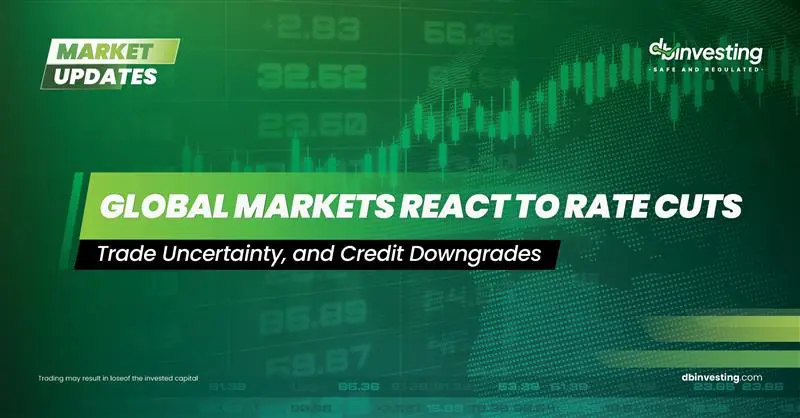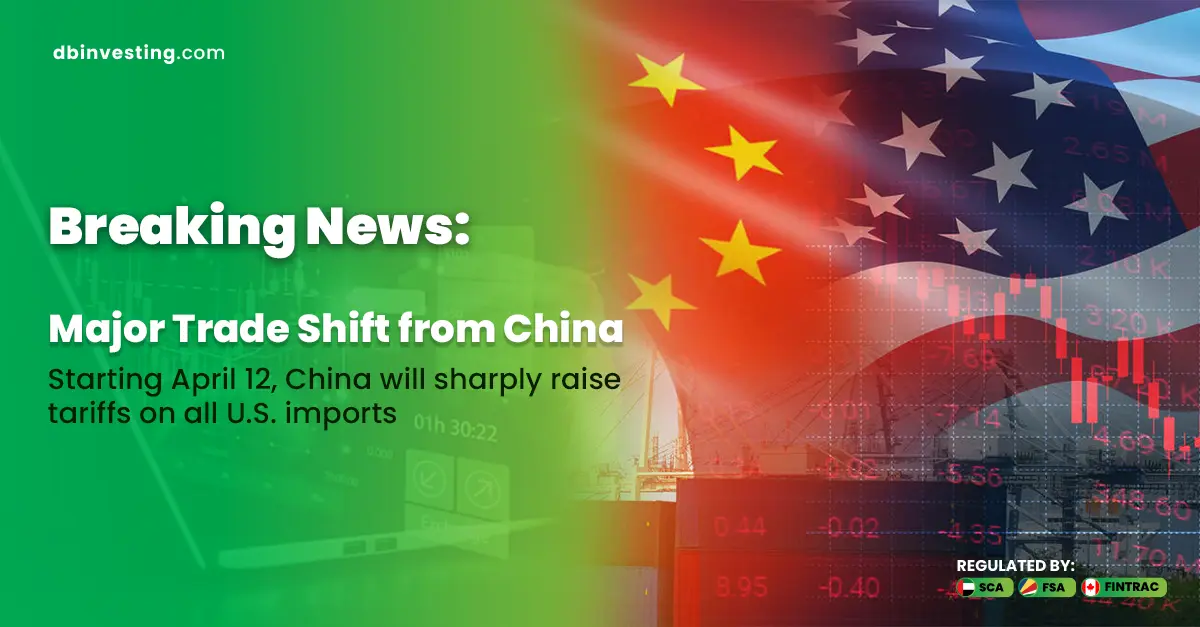Introduction In the highly competitive world of forex trading, brokers offer enticing incentives like losable bonuses to attract new traders. While these bonuses provide additional trading margin, they are often exploited through unethical tactics such as bonus arbitrage trading. One popular but dangerous technique involves opening two broker accounts, placing opposite trades, and hoping to profit from the market movement without true market exposure.
In this article, we simulate this strategy and explain why it’s not only risky but also strictly prohibited by most brokers. We also highlight regions where this practice is more commonly observed, including Egypt, Pakistan, and Jordan.
The Arbitrage Setup Here’s how the typical strategy works:
· Open 2 accounts with different brokers
· Deposit $5,000 into each account
· Receive a 50% losable bonus ($2,500)
· Account A: Go long EUR/USD with 5 standard lots
· Account B: Go short EUR/USD with 5 standard lots
Each pip movement equals $50 per 5 lots, leveraging the full margin provided by the brokers.
Market Moves: One Wins, One Gets Liquidated Let’s say EUR/USD rises by 200 pips:
· Account A (Long): Profit of $7,500 → Final Equity: $15,000
· Account B (Short): Loss of $7,500 → Account liquidated
The trader loses only one deposit ($5,000) but walks away with a net gain of $5,000 from Broker A. On paper, it seems like a smart trick.
The Real-World Consequences While technically feasible, this strategy is considered a violation of nearly all bonus terms and conditions. Here’s why:
· Hedging between internal accounts or other brokers (external hedging) is prohibited
· Trade pattern monitoring by brokers detects mirrored trades and abnormal activity
· Violation of T&Cs can lead to bonus removal, profit cancellation, and account closure
In many cases, brokers take immediate action against such abusive behavior.
What happened if a Broker cancel the profits?
The broker may cancel the trader’s profits as a form of penalty. This approach discourages dishonest traders, who might otherwise exploit the system and then move on to repeat the behavior elsewhere. When an abusive trader earns profits with Broker A, it often means they have incurred equivalent losses with Broker B. If Broker A subsequently voids those profits, the trader ends up with a net loss for the round.
Abuse Is Often Followed by Threats A worrying trend is that once abusers are caught, they often turn to threats, attempting to pressure brokers by promising to post negative reviews online, damage the company’s reputation, or spam social media channels. This behavior is not only unethical but also shows clear malicious intent from the beginning.
This tactic is seen more frequently in some specific regions, with many cases reported from Egypt, Pakistan, and Jordan. While not representative of all traders in those regions, the pattern has been consistent enough for brokers to strengthen fraud prevention systems in those areas.
The Right Approach to Forex Bonuses Instead of trying to game the system, traders should focus on using bonuses to support responsible trading strategies. Most brokers provide these promotions to help clients manage drawdowns—not to be used for risk-free profit manipulation.
Abusing bonuses can result in:
· Frozen accounts
· Revoked profits
· Blacklisting from major broker networks
Conclusion Forex bonus abuse might seem like a clever way to make fast money, but it’s a trap. Brokers have grown smarter, using advanced systems to detect arbitrage and hedging abuse. Traders caught using these tactics risk losing more than they gain—including access to legitimate brokers and long-term trading opportunities.
Stay ethical, trade responsibly, and use bonuses as intended—for added value, not artificial profit.






